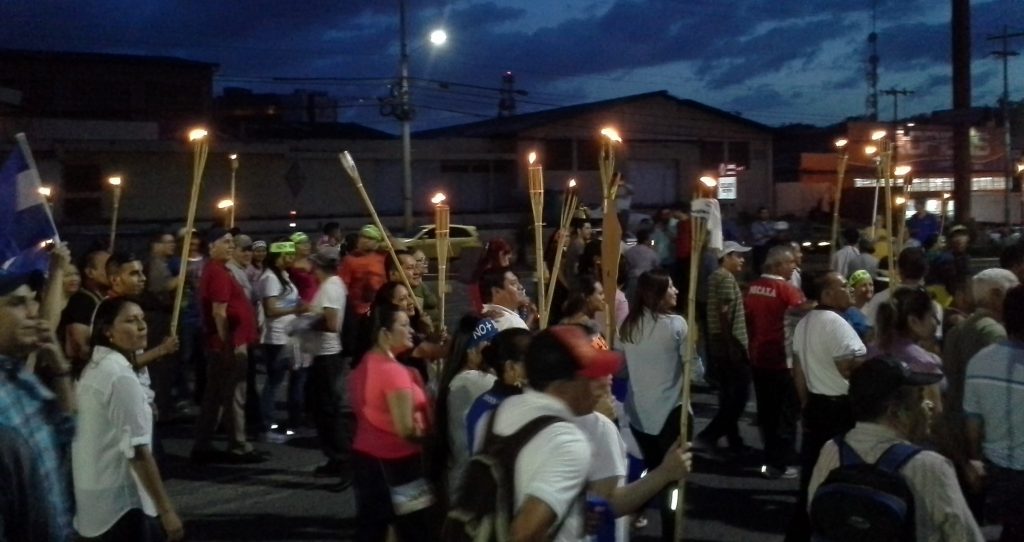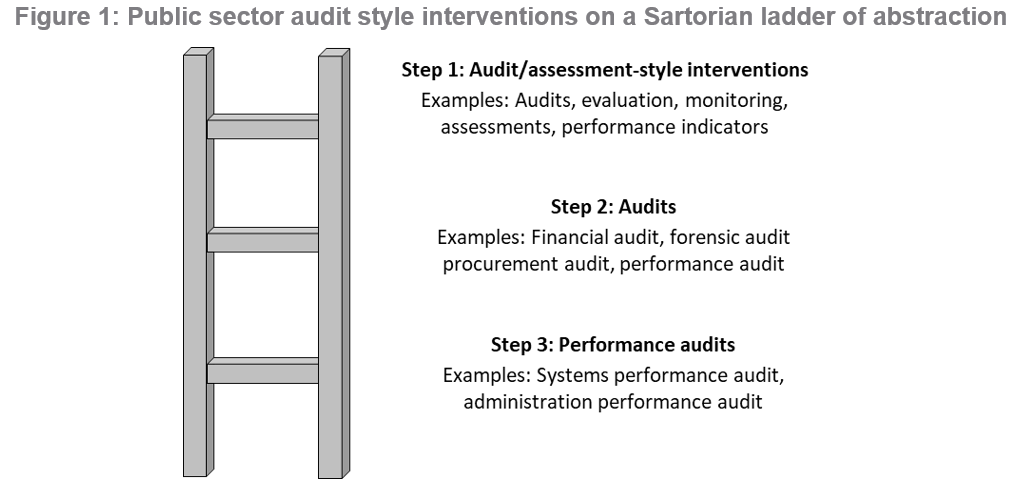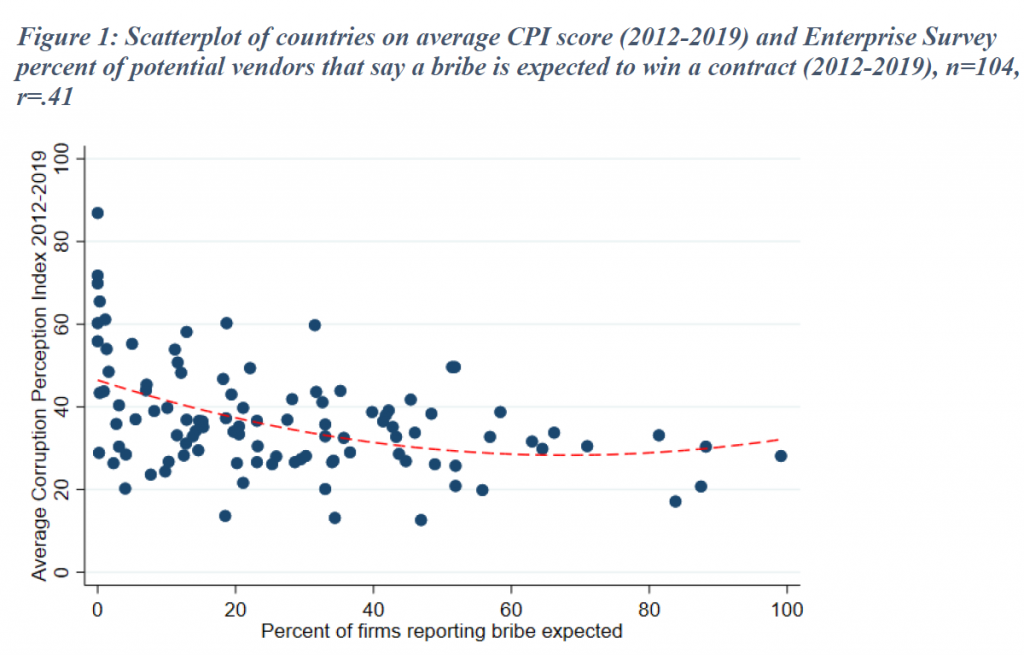When Corruption Funds the Political System: A Case Study of Honduras. Woodrow Wilson Center (2020).

Abstract: This paper explores the four most salient types of corruption in Honduras: embezzlement of social development funds, procurement corruption, organized crime corruption, and patronage abuses in the bureaucracy. While each is distinct, in all four cases, corrupt proceeds help fund political campaigns, making corruption a core input to the political system. The article also explores several potential sources of accountability to prevent and respond to these challenges, including the country’s supreme audit institution and the Organization of American States’ Mission to Support the Fight Against Corruption in Honduras (MACCIH). The paper documents how these mechanisms for accountability are either intentionally ineffective or have been systematically undermined. Despite an active civil society, the fight against corruption in Honduras is at a low point.
Auditing as a tool of government accountability? Exploring divergent causal mechanisms through three Honduran cases. Revised version published in Public Administration and Development (2020) Vol 40(4): 209-219 (here).

Abstract: Audits of government entities offer a potential tool to hold public officials to account and to improve the functioning of public administration; however, empirical studies of audit impacts show mixed results. This is partially due to the diversity of audit regimes with different goals (forward vs. backward-looking accountability) and different accountability mechanisms (e.g., horizontal and vertical), which yield different causal chains. In this paper, I take advantage of a unique opportunity to compare three distinct audit regimes with distinct casual mechanisms in Honduras. This include a performance audit by a Supreme Audit Institution, a procurement audit by a regulator, and a social audit by a civil society organization. I find that backward-looking accountability requires effective horizontal accountability mechanisms to investigate and prosecute cases, which are lacking in Honduras. Forward-looking accountability requires either functioning horizontal and vertical accountability mechanisms supported by independence, a systematic follow-up methodology, public dissemination, and pressure from the media and civil society. Even when present, the audit regimes examined here remain heavily dependent on auditee leadership discretion. Complementary initiatives that build on audit recommended reforms are found to strengthen the causal mechanism linking audits to outcomes.
Bidding Despite Corruption: The Effect of Corruption and Connections on Perceived Fairness and Competition in Honduran Public Procurement. Revised version published at the Journal of Public Procurement (2021) Vol. 21(4): 399-417 (here).

Abstract: Scandals like Lava Jato in Brazil highlight the pervasiveness of public procurement corruption. In addition to lower value for money and the loss of trust in government, such corruption threatens to produce a vicious cycle whereby honest firms self-select out of public procurements, further increasing corruption and decreasing value for money. This paper explores this vicious cycle hypothesis through a unique survey of businesses in Honduras. I find that experiences with bribery and perceptions of the importance of personal and party connections undermine perceptions of fairness, particularly for firms bidding with Honduras’s public works agency. While firms that have not bid recently view the process as less merit-based than those that have, I do not find that perceptions influence intention to bid in the future as the vicious cycle hypothesis would suggest. The one exception to this is concern over grand corruption, which does suppress the intention to bid.